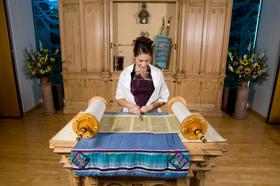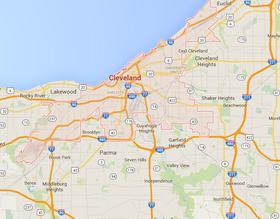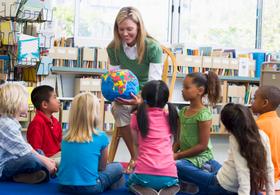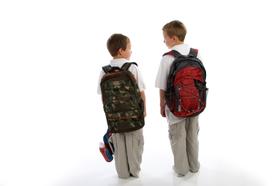Three early childhood education approaches enjoy great popularity in the United States and indeed throughout the world. They all had their origins in the teaching of European society's poorest, most disadvantaged children. To understand the changes which Dr. Maria Montessori, Rudolf Steiner, and Reggio Emilia founder, Loris Malaguzzi, wrought on the European educational system back at the beginning of the 20th century, we need to know how children were educated at that time. The prevailing methodology used drills and memorization. Children's minds were considered to be small versions of adult minds which needed to be expanded with knowledge. Rather than letting children explore and discover on their own, as we all know they are quite capable of doing, teachers filled their minds full of facts. Retention was achieved by drills and memorization. Teaching a child how to think was an ancillary objective if indeed it was an objective at all. Furthermore, most children finished their classroom instruction at age 10 or 11.
Montessori, Steiner, and Malaguzzi believed in the intrinsic abilities and capabilities of children. Their approaches, philosophies, and methods had a single, common purpose: to produce a better society in which human beings would respect each other and live in harmony and peace.
In America, these three educational approaches took root not in the poorest segments of society but in a middle and upper class eager to have something better than what was offered in the public school systems. Here is a comparison of the main features of the
Learn more about how to find and evaluate private schools. Find out why price should not be your only consideration. Get valuable advice on how to save time and money when choosing a school. Learn more about ranking schools and why it may not work.
View the most popular articles in Finding Schools:
Comparison of Montessori, Waldorf & Reggio Emilia
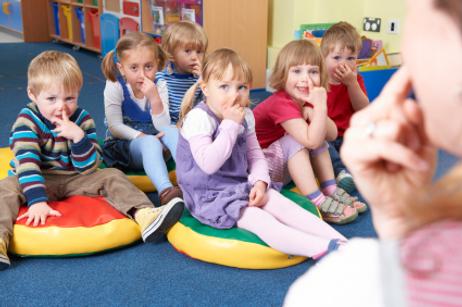
If We Did Rank Schools...

So, let's assume that somehow, we could rank private schools. After all, asking how a particular school is ranked is something most parents want to know. We are accustomed to comparing just about everything these days. We comparison shop constantly. We rank our favorite teams. We know which pop artist is on top of the charts. And so on. Comparing and ranking anything and everything is just the way we do things. Doing so lets us know that we are getting the best value possible.
That comparison shopping approach works fine for most things in our daily lives. Unfortunately, it does not work when it comes to ranking private schools. Why? Because each private school is unique. How it is run, where it is located, the courses it offers, the sports programs, the extracurricular activities, its philosophy, and the results it gets are all unique. That doesn't mean we can't compare the various features of private schools. That is doable, but it is a lot of work. As we have pointed out in Do Ranks Matter? it is extremely difficult and time-consuming for ordinary people to find the data and information we need to arrive at a ranking system for private schools. But if we did rank private schools, here is how we would do it.
Alexis offers some useful tips for the school selection process in the following video.
Visit the schools.
"Wait a
When Should You Consider a Therapeutic School?
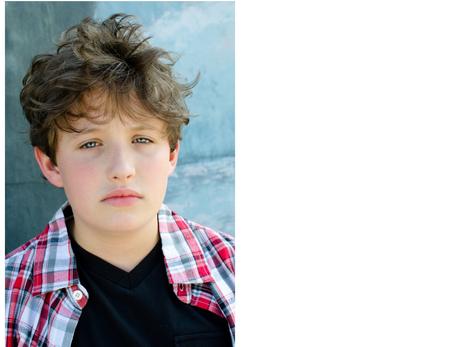
First of all, let's understand what a therapeutic school is. A therapeutic school is a special school designed to help troubled children, typically teenagers, with various emotional and other problems. Therapeutic schools come in a variety of forms. They can be non-residential and residential. Which kind of therapeutic school is appropriate for your child depends on a variety of considerations. For a detailed description of the various types of therapeutic schools, see Therapeutic Program Descriptions on the Independent Education Consultants Association's website.
When to consider a therapeutic school
As a rule, parents probably should consider a therapeutic school for a child challenged by emotional, behavioral, substance abuse, or academic issues, or any other challenge that the local public school cannot handle effectively. In other words, she cannot receive the consistent treatment and individual attention she needs in a local school and the home setting. Whether to send the child away to a school with a highly structured environment where she will receive the treatment she needs 24/7 is something you should discuss in-depth with a professional psychologist. Once you understand and have accepted the diagnosis and the optimal treatment recommended for your child, hire an educational consultant to help you identify schools that will suit your requirements. Hiring a professional to assist you with this task is just as important as hiring an attorney to review a real estate contract or help you write your will. You know what you want. The professional will
When Should You Consider a Special Needs School?

Is your child struggling in school? Are you not understanding why she is having difficulty learning in a classroom setting? Does she hate going to school instead of wanting to go eagerly every day? Are her teachers requesting conferences with you to discuss the situation? These and many other signs should alert you to the fact that you need to give your child some extra attention. As one parent to another, I can tell you that admitting that your child has learning differences or special needs is not an easy thing to deal with. We had to deal with this situation ourselves. One child had great difficulty reading. Another had serious problems with mathematics. I will focus on the more common learning differences such as ADHD and dyslexia in this article. Special needs encompass a wide range of syndromes, some of which we will examine in companion articles.
At the first sign that their child has a learning difference, many parents panic and withdraw into a state of denial. That may help you. But it will not help your child. Your child's teachers know what to look for. The signs of a child with learning issues are fairly obvious, as a rule. While teachers may not know how to treat the disorder professionally, they are trained to alert both parents and the school administration when they suspect that your child has a learning issue.
Public schools must implement Individualized Education Programs (IEP) for students with
Boarding or Day School?

Many parents agonize over sending their teenagers to boarding school or keeping them at home and sending them to day school. The issue you really need to address is the quality of supervision you are able to give your children after school and on weekends. Let's face it, modern parents lead very busy professional and social lives. If you aren't around to see what's going on, do you know what your teen is up to?
The Advantage of Going to Boarding School
When you send your child to boarding school, you are buying the whole package: academics, athletics, social life, extracurricular activities and 24/7 supervision all rolled into one. That's just part of the boarding school DNA. It is an incredibly good deal for many thoughtful parents. Of course, she will miss her mother and father, her siblings, her own room, and all those other special things she knows and loves. But, the truth is that she will be off to college anyway in a few years. Getting a head start on leaving home is not a bad thing. It will pay huge dividends in later years as she has had to learn to cope and adjust to new circumstances at an earlier stage in her life. Teaching her to be independent is a good thing.
Living in a boarding school essentially prevents your child from being anonymous. She will be part of the school community. She will be engaged in its activities, academics, and athletics. She will be
Recent Articles























